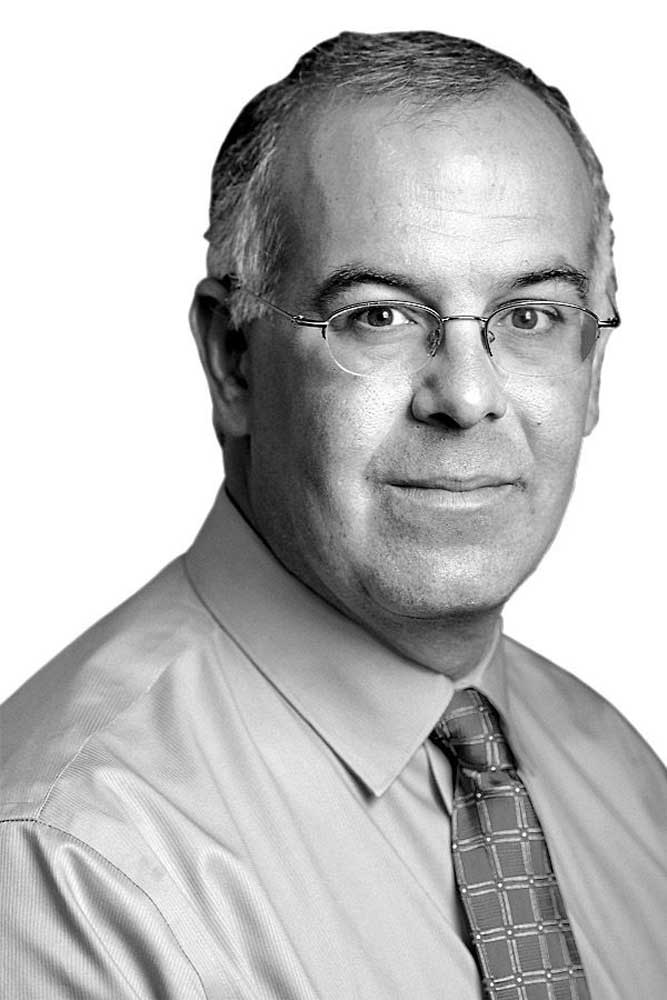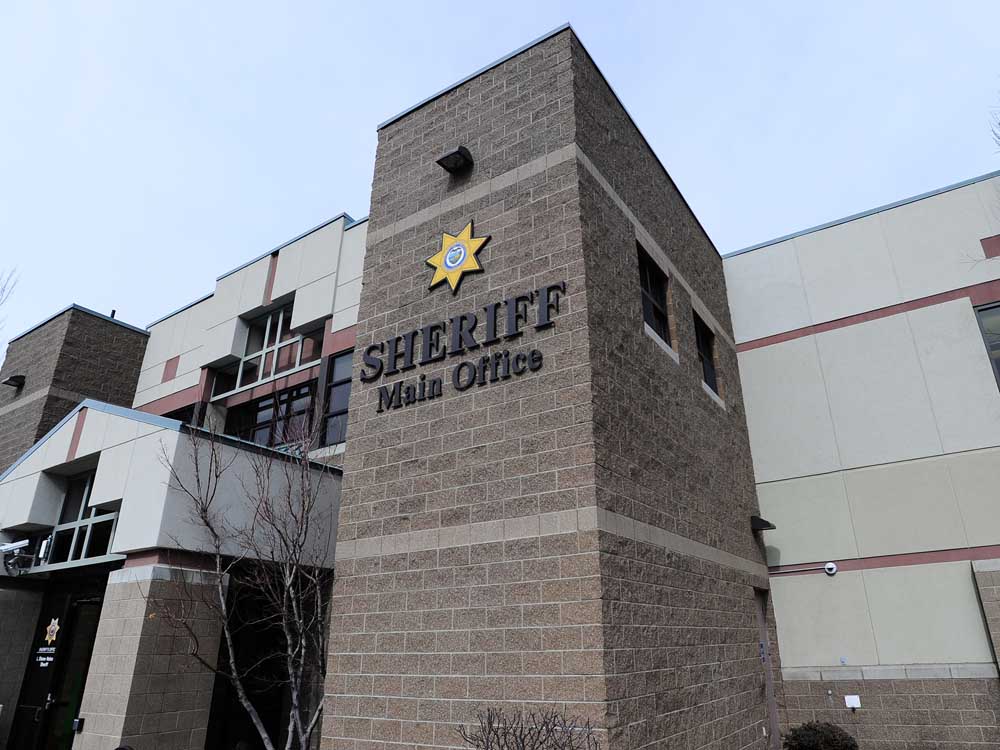Commentary: ‘We’ are vital to US
Published 12:00 am Wednesday, July 4, 2018

- David Brooks(Josh Haner/The New York Times)
America’s founders certainly believed in individual liberty, but they believed that liberty happens within a shared community. They began the Constitution with the phrase, “We the People.” We are all one thing — a people, a nation.
That people shares a moral order — rules that are true for all people in all times and that govern us in our freedom. Among them is the idea that all people are created equal.
Trending
That people shares a common enterprise. We are a self-governing nation, and we all play a role in that enterprise by fulfilling the roles that define us — father, mother, neighbor, citizen and legislator. We are parts of a covenant and pass down our shared order to our posterity.
Over the decades, that sense of we-ness began to turn into a sense of I-ness or you-ness.
Justice Anthony Kennedy didn’t invent the shift from community to autonomy, but in 1992 he articulated it more crisply than anyone else: “At the heart of liberty is the right to define one’s own concept of existence, of meaning, of the universe, and of the mystery of human life.”There’s no we. We are all monads who walk around with our own individual opinions about existence, meaning and the universe. Each person is a self-created choosing individual, pursuing individual desires. There is no sense that we are part of a common flow connecting the past, present and future.
The first problem with this definition of freedom is that it pushes society toward a tepid relativism. There are no truths, only “concepts.” You define your concept of the meaning of the universe, and I define mine, and who are any of us to judge, let alone impinge upon, that of another?
The second problem is that Professor Kennedy gives us a homework assignment that almost none of us can actually fulfill. Each of us has to define our own “concept of existence, of meaning, of the universe, and of the mystery of human life.”
Wow! That requires a lot of background reading. If your name is Aristotle or Nietzsche, maybe you can do it, but for the rest of us it’s going to be tough. We’re busy!
Trending
You wind up with a society in which the schools, the public culture, even the parents say: It’s not our job to instill a shared morality and worldview from scratch. That’s something you have to do on your own. The practical result, given this impossible task, is that most people wind up without a moral vocabulary, with only scattered shards of values.
Moreover, we’re much more problematic creatures than Kennedy’s sentence seems to acknowledge. The old philosophers realized that the first threat to liberty is actually the tyranny of our own desires.
Any society has to perform at least two big related tasks — raising the young and pursuing of the good. It takes a village to do both these things. As Yuval Levin reminded us in an essay in First Things a few years ago, people are only capable of exercising responsible freedom when they are embedded in and formed by social institutions — like family, schools that take morality seriously and a shared civic order. It’s not a do-it-yourself job.
— David Brooks is a columnist for the New York Times.








